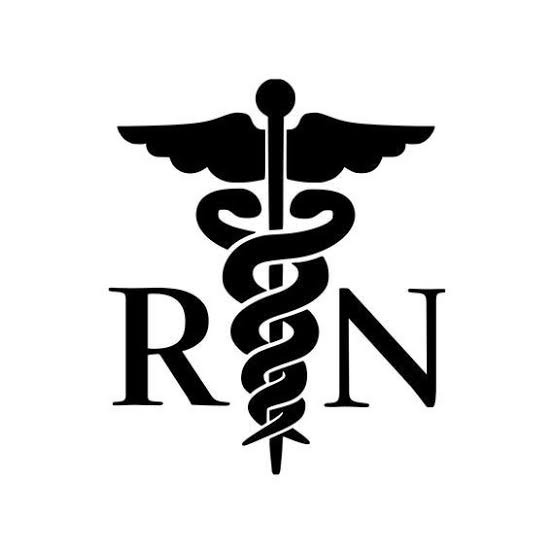By Peter Omopo | August 1, 2025
As the nationwide seven-day warning strike by nurses and midwives enters its third day, public hospitals in Katsina and several northern states are reeling from a near-total collapse in operations, forcing patients to seek refuge in private clinics and volunteers to step in with basic care.
In Katsina State, the Katsina Hospital Friends Association has mobilised hundreds of volunteers to offer first aid and humanitarian support across the 34 local government areas. The Chairman of the Association, Bilya Sanda, said on Thursday that the urgent intervention was necessary to ease the suffering of patients amid a massive shortfall in health workers.
“The deployment of volunteers from Jama’atu Nasril Islam, Jama’atu Izalatil Bid’a Wa’iqamatis Sunnah, Nigerian Red Cross Society, Lajnatul Hisbah, and Munazzamatu Fityanul Islam has commenced across hospitals, starting with the General Hospital, Katsina,” Sanda announced.
The association’s Public Relations Officer, Hamisu Adamu, added that food, water, and logistics have been arranged to support the volunteer teams in the field. “We are committed to standing with patients and institutions in this trying time,” Sanda affirmed.
The National Association of Nigeria Nurses and Midwives (NANNM) had on Wednesday declared the nationwide strike to protest what they described as poor working conditions, insufficient pay, and chronic understaffing in federal health institutions.
In solidarity, the Nigerian Medical Association (NMA) Katsina chapter has scaled down services, refusing to admit new patients. Chairman Dr. Muhammadu Sani told The Punch that doctors would only attend to critical cases while awaiting government intervention.
“We are not admitting new patients. Some stable ones have been discharged. We support the nurses’ action fully,” Sani stated. “Healthcare delivery is a team effort, and we must all stand together.”
Meanwhile, the NANNM Chairman in Katsina, Nura Mu’azu, disclosed that a state-wide monitoring task force had been deployed to enforce full compliance with the strike. “Anyone found working against the directive will face disciplinary action,” he warned.
In Kano, the Dala Orthopaedic Hospital has been largely deserted as many patients, especially those from neighbouring states, requested discharge to seek care elsewhere.
A hospital staff member said, “Those who can afford private care have left. Others remain, but the strain is visible.”
The situation is equally dire in Birnin Kebbi. At the Federal Teaching Hospital, most wards including the Accident and Emergency Unit and Labour Room are nearly empty, with only a few nurses attending to emergencies.
One nurse lamented, “The government doesn’t care about us. Many of our colleagues have left for better-paying jobs abroad, and more will follow if nothing changes.”
Secretary of the Association at the hospital, Kasim Attah, urged patients to remain calm and understanding as the strike continues.
In Kaduna, patients at the National Ear Care Centre are struggling without basic nursing care. The pain and helplessness were captured in the voice of Peace Agadama, a patient battling acute sinusitis and a bacterial infection.
“I haven’t felt the left side of my face for days. There’s nobody to help change my cannula, assist with the restroom, or provide simple care. It’s a nightmare,” she said tearfully. “Doctors are overwhelmed, and nurses are essential. We need them.”
Another patient described the situation as “hellish,” recounting how she spent the night in agony without assistance.
Head of Nursing Services at the centre, Abbas Daura, confirmed a full withdrawal of services. “Nobody is happy. The patients are suffering. Nurses are not on strike because they want to be, but because they have been neglected for too long.”
Daura emphasised that Nigerian nurses are well-trained but forced to flee abroad due to unbearable working conditions. “If this environment were enabling, we wouldn’t be losing professionals in droves,” he said.
Senior doctor at the centre, Dr. Saheed Nasir, also called for urgent government intervention. “Trying to run a hospital without nurses is like rowing a boat with one paddle. We are doing our best, but the pressure is immense.”
As the warning strike stretches on, the fear of an extended shutdown looms large over Nigeria’s already fragile healthcare system. Stakeholders across the board are pleading with the Federal Government to act decisively before lives are lost and the exodus of healthcare workers accelerates.

